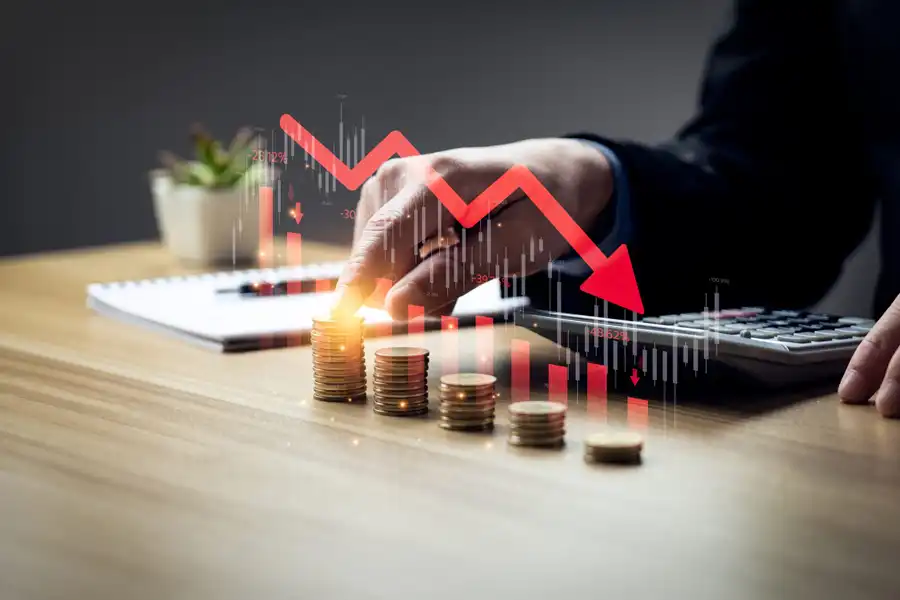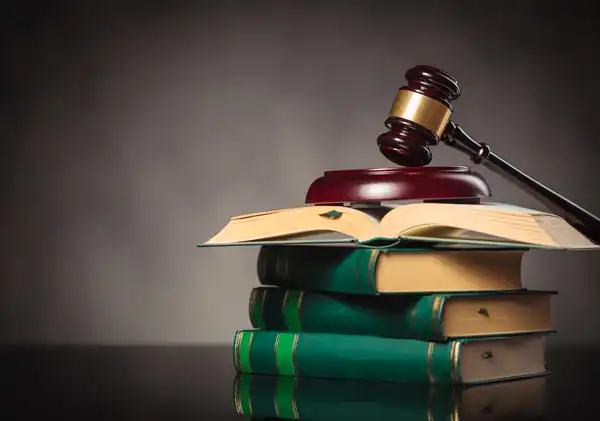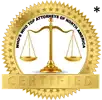
11 Indicators It Might Be Time to File for Bankruptcy
No one wants to file for bankruptcy. But if you have debts you can’t manage and your life is trending out of control, it might be time to consider whether bankruptcy can help you.
In this article, we discuss 11 surefire indicators that you have a debt crisis on your hands. If some of these sound familiar, you’re not alone—and there is help! Use this checklist to determine if it’s time to consider bankruptcy as a potential path to financial stability.
Understanding Different Types of Bankruptcy
Before reviewing the signs, it’s helpful to understand the main types of bankruptcy:
- Chapter 7 Bankruptcy (Liquidation): Involves selling your non-exempt assets to pay off debts. Often suitable for those with limited income and assets.
- Chapter 13 Bankruptcy (Reorganization): Involves setting up a payment plan to pay back debt over 3–5 years, typically allowing you to retain key assets.
Which type of bankruptcy to file depends on your financial situation, income, and assets. Always consult a qualified bankruptcy attorney before proceeding.
11 Key Indicators That It May Be Time to File for Bankruptcy
-
Overwhelming Debt
If your debts and non-tax liabilities exceed your assets and income, and interest or late charges continuously accrue with no reversal in sight, bankruptcy could offer a real chance for a financial reset.
-
Using Credit Cards for Essentials
Routinely using credit cards for daily living expenses (groceries, utilities) signals insufficient income. High interest rates can quickly spiral debt out of control.
-
Constant Calls from Creditors
If you receive regular calls or collection notices, it’s a major sign of growing debt problems. Bankruptcy’s automatic stay stops most creditor contact and collection efforts.
-
No Savings
Living paycheck to paycheck with no emergency fund means even minor setbacks can become major financial disasters. Bankruptcy may offer relief and a chance to rebuild savings.
-
Risk of Foreclosure or Repossession
If you’re in danger of losing your home or car due to missed payments, bankruptcy might stop these actions and provide time to reorganize your finances.
-
High Medical Bills
Unexpected, large healthcare expenses can drive even responsible people into unsustainable debt. Bankruptcy can provide a lifeline to erase or restructure some medical debts.
-
Loss of Income
Significant drops in income from job loss or illness can rapidly lead to debt accumulation. Bankruptcy may help restructure debts during recovery periods.
-
Legal Actions
If you’re facing lawsuits, wage garnishment, or repossessions, these are strong signs that your debt has become unmanageable. Bankruptcy can halt many legal collection actions.
-
Maxed Out Credit Cards
If all your cards are at their limits and you can’t make minimum payments, it’s a warning sign. Bankruptcy may wipe out or reorganize your credit card debt.
-
Consistently Missing Payments
Being late frequently or unable to catch up on missed payments results in mounting fees, more debt, and a sinking credit score.
-
Using Loans to Pay Off Debts
Borrowing, especially from personal loans or payday lenders, just to pay off other debts creates a dangerous cycle and often makes things worse.
Alternatives to Bankruptcy
- Debt consolidation programs
- Negotiating payment plans with creditors
- Credit counseling
Before filing, assess whether you’ve exhausted these alternatives and fully understand the consequences of bankruptcy.
Seeking Professional Legal Advice
Bankruptcy is a significant legal and financial step. Consulting with a bankruptcy attorney ensures you understand your options, the process, and potential consequences—and that paperwork is completed properly.
Take the time to weigh all options and speak to a qualified attorney. Proper planning may allow you to keep your home and rebuild a brighter financial future.
For assistance, reach out to Ted Machi & Associates to discuss your situation.
Frequently Asked Questions (FAQs)
- What is an automatic stay?
- The automatic stay is a legal pause on most creditor actions and collection efforts after you file for bankruptcy, giving you breathing room and legal protection.
- Will bankruptcy erase all my debts?
- Bankruptcy may discharge many unsecured debts, like credit cards and medical bills, but some debts (such as taxes, child support, and most student loans) are generally not dischargeable.
- Can I keep my home or car?
- Depending on the type of bankruptcy and your payment status, you may be able to keep essential assets—especially under Chapter 13. Discuss asset exemptions with your attorney.
- How does bankruptcy affect my credit?
- Bankruptcy can remain on your credit report for 7–10 years, but it also may help you start rebuilding credit by clearing unmanageable debt.
Analyze This Page with AI:






